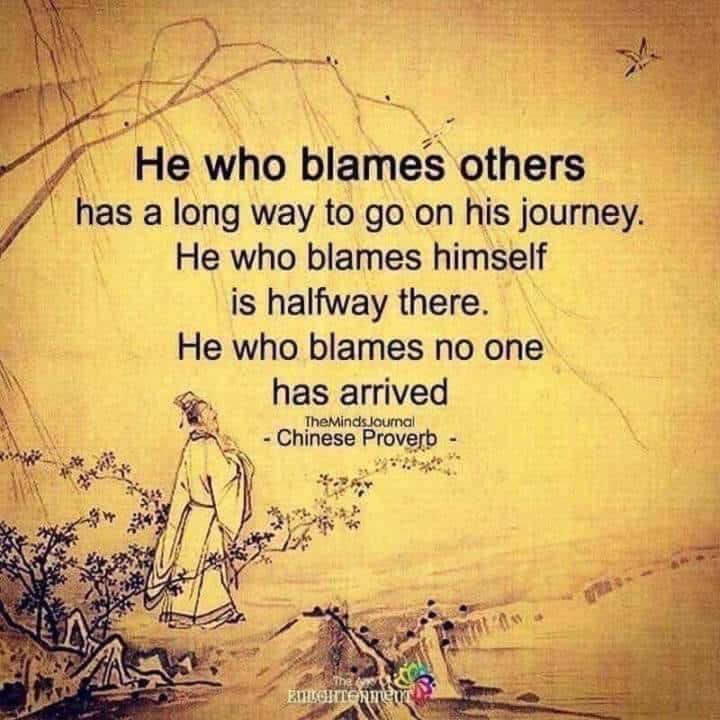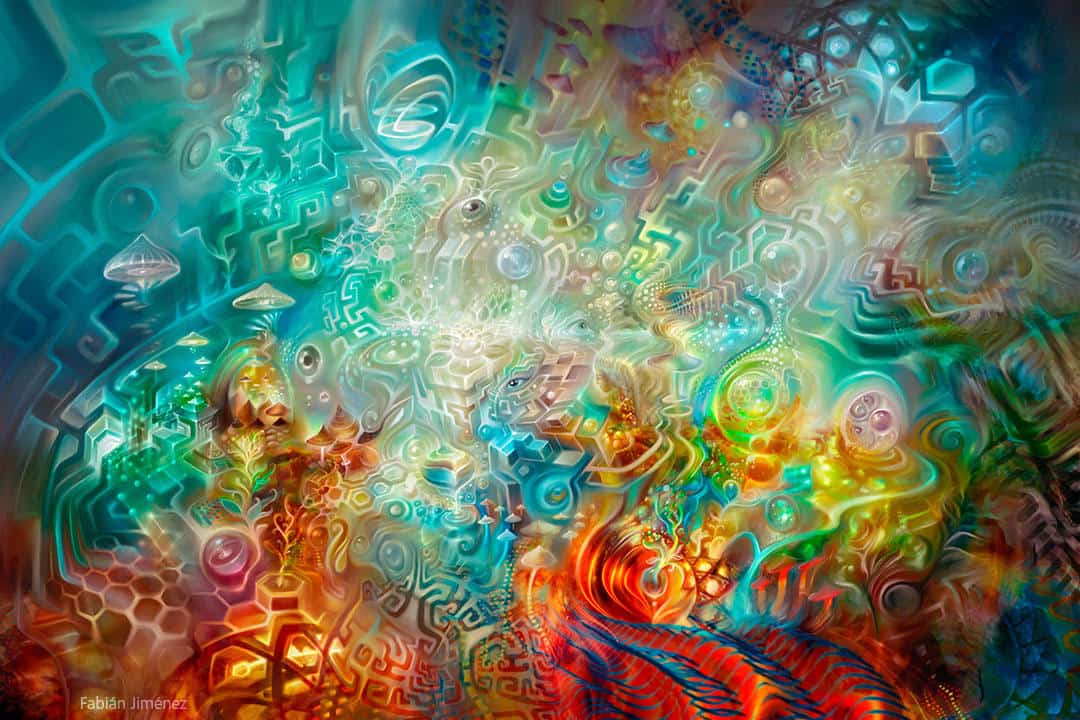Do you remember the first time you made a mistake? Do you remember the immediate consequences of that event? Chances are that you don’t consciously remember either. But the fascinating thing is that your body stores this information at an unconscious level to this day. The consequences of that event are far more alive in your life than you could imagine.
Your own reaction, the reaction from people surrounding you, and the reaction from your parents and caregivers, has affected and changed your life permanently in unfathomable ways. This permanence can be transformed in the moment you make a conscious decision to change. Continue reading to learn more about the dynamics of mistakes and consequential patterns…
The making of a mistake
To understand how a mistake is made, we have to first understand what is a mistake. At the lowest level, it is just a meaningless collection of letters, which, when perceived by a human who knows the English language, begins to have meaning as a word. At a slightly higher level, this can be translated to other languages and it will continue to have the same meaning for each person.
But each person has a completely different understanding and subjective definition of the word mistake. The cultural background and individual upbringing of each person leads to a unique definition for each word in the common vocabulary. Although while communicating with others this difference might not be obvious, it can become apparent in many situations.
The premise here is simple. Two people looking at the same situation, one might see a mistake while another can perceive it very differently . As an example, in psychology, the passive-aggressive person makes “mistakes” as a show of aggression or a way to tease or provoke others. Here, a psychologist doesn’t see a mistake, they see an unconscious yet intentional attempt to express repressed emotions.
While this example is very specific, two people witnessing a third, simply may see things differently. One may accuse the person of making a mistake while the other may see an accident. The perception is deeply colored by the way the incident personally affects the person. Even if it doesn’t physically or apparently affect you, the situation may remind and trigger something within that makes you want to defend, attack, save, or just ignore the person. The reaction can be tremendously different with each new person witnessing the situation.
In the following section I will share how we can develop a whole new perspective that enables growth and compassion towards others.
If mistakes in early life were followed by punishment, similar to achievement followed by reward, we are trained monkeys seeking consequences depending on our mind state. If we feel like self-sabotaging, we will make a mistake in a way that someone punishes us, because this is what we know and learned since childhood.
These patterns may also be learned by witnessing others having this experience. A child seeing a friend being punished for a mistake is equally likely to imbibe this pattern. As we grow to be adults, we continue to perpetuate this pattern, without even stopping to consider whether it is the best option available. The punishment/reward system in it’s extreme leads to the prison system, and while most people think it is appropriate and necessary, they have never considered if it is optimal or if there are better alternatives. Far too often, imprisonment leads to a deterioration and increases the chances of criminal activity.
While the punishment-reward may work for some people, in some moments, it certainly isn’t universally functional or effective. The reward system often leads to addiction and at the peak it results in people performing all kinds of “adult mistakes”, like committing white-collar crimes, to seek greater rewards.
The unmaking of a mistake

Now, what if we could see life in a whole different way. What would it look like if we lived in a world beyond mistakes. If we had never developed the vocabulary to define mistake, would we ever be committing mistakes? Or would we simply be performing actions and seeing the situation and consequences in a completely different way? What if…
Mistakes are gateways to other realities…
That may just be more beautiful
What if mistakes are intentional interventions by our unconscious to show us a different life? Simply speaking, mistakes could just be your way to find yourself reading this article and finding this website, in which other articles may take you to a world beyond words… or a world beyond problems… or a world beyond …….
But if you dig a little deeper, I can tell you from personal experience that every mistake is a doorway to deeper levels lf consciousness and some of the best opportunities for growth.
The next time you make or witness a mistake, if you can stop and overcome the instinctive reaction to blame or feel guilty, you may just find a path to another world. In this moment you maybe able to comprehend an unapparent force beyond your immediate knowledge or understanding that created this opportunity for you very intentionally.
Once you are able to start doing this, not only will the unconscious impulse to make mistakes be significantly reduced, your way of seeing reality will be forever changed. The reason you will reduce the chances of making mistakes is that you will have opened a dialog with the unconscious power within you that was using mistakes as a way to guide you to different places.
Once you enter in communication with this force, you need not wait till a mistake has been made. You can start consciously making more optimal choices to go on the path you are being guided towards, or make a decision to avoid that path if you fully understand the choices and the consequences. Although this is impossible, because you could never know the long term consequences of the smallest decision. In this case you can choose to have faith in the decision and back it with your power to handle the consequences because you are making the decision consciously.
This is also the reason we potentially make “guided mistakes” and experience “unbearable suffering”. Sometimes, that is what we need to go through to get what we have been asking for. We make a lot of wishes without realizing the full extent of what we are asking and more importantly, what is required of us to reach that destination. Once we make the request consciously, our unconscious gets to work at materializing this desire.
The unconscious, unless directed with specifics, will use what it knows to find the optimal path to that destination. If you believe that reward can only be gained through proportional suffering, your unconscious will create the path that fulfills this belief. And while you may kick and scream along the way, you will say it was “worth it” at the end of the journey.
The question remains… was it really worth it, or is that what you have been trained to tell yourself in order to have your definition of enjoying life?
By training our consciousness, we have the power to build a relationship with our unconscious to find true happiness, fulfillment and bliss. If you are interested in learning ways to do this, you can apply for an experience at our center.
To read an elaborated version with more ideas on this topic, you can find a short booklet here: A World Beyond Mistakes

